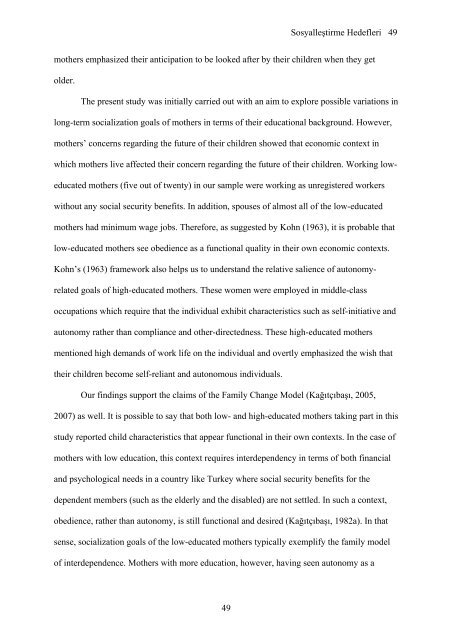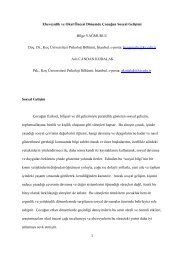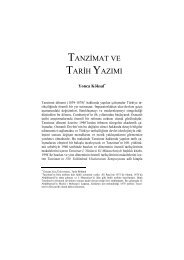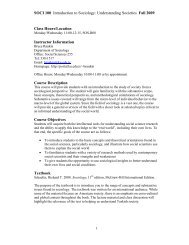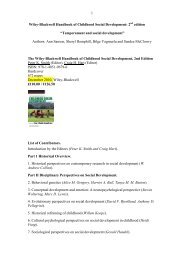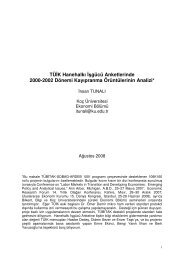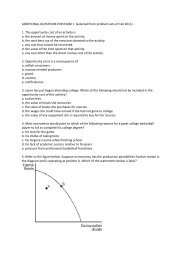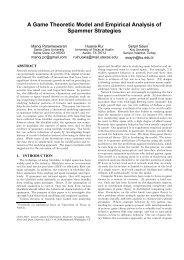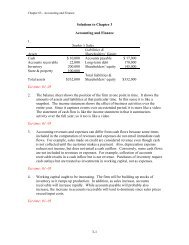Sosyalleştirme Hedefleri 1 1 Türk Annelerin Çocuk Sosyalleştirme ...
Sosyalleştirme Hedefleri 1 1 Türk Annelerin Çocuk Sosyalleştirme ...
Sosyalleştirme Hedefleri 1 1 Türk Annelerin Çocuk Sosyalleştirme ...
You also want an ePaper? Increase the reach of your titles
YUMPU automatically turns print PDFs into web optimized ePapers that Google loves.
<strong>Sosyalleştirme</strong> <strong>Hedefleri</strong> 49mothers emphasized their anticipation to be looked after by their children when they getolder.The present study was initially carried out with an aim to explore possible variations inlong-term socialization goals of mothers in terms of their educational background. However,mothers’ concerns regarding the future of their children showed that economic context inwhich mothers live affected their concern regarding the future of their children. Working loweducatedmothers (five out of twenty) in our sample were working as unregistered workerswithout any social security benefits. In addition, spouses of almost all of the low-educatedmothers had minimum wage jobs. Therefore, as suggested by Kohn (1963), it is probable thatlow-educated mothers see obedience as a functional quality in their own economic contexts.Kohn’s (1963) framework also helps us to understand the relative salience of autonomyrelatedgoals of high-educated mothers. These women were employed in middle-classoccupations which require that the individual exhibit characteristics such as self-initiative andautonomy rather than compliance and other-directedness. These high-educated mothersmentioned high demands of work life on the individual and overtly emphasized the wish thattheir children become self-reliant and autonomous individuals.Our findings support the claims of the Family Change Model (Kağıtçıbaşı, 2005,2007) as well. It is possible to say that both low- and high-educated mothers taking part in thisstudy reported child characteristics that appear functional in their own contexts. In the case ofmothers with low education, this context requires interdependency in terms of both financialand psychological needs in a country like Turkey where social security benefits for thedependent members (such as the elderly and the disabled) are not settled. In such a context,obedience, rather than autonomy, is still functional and desired (Kağıtçıbaşı, 1982a). In thatsense, socialization goals of the low-educated mothers typically exemplify the family modelof interdependence. Mothers with more education, however, having seen autonomy as a49


